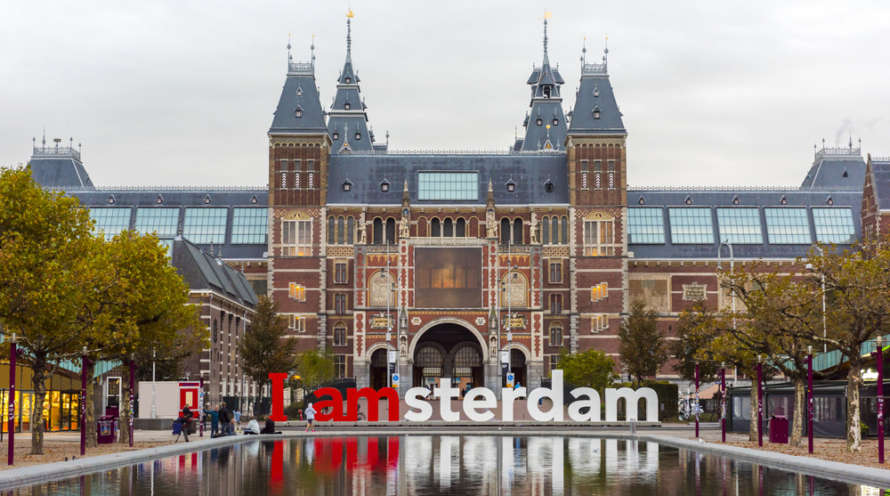From time to time, Going Green publishes opinion articles written by contributors. This is such an article.
Despite the fact that marijuana is now legal for recreational use in 10 states and the District of Columbia, there still exists an attitude in the United States that weed is a so called “gateway” drug that can lead users down a sordid rabbit hole. Ever since Richard Nixon’s “War on Drugs” of the 1970s, marijuana has for the most part had all of its beneficial and medicinal effects completely disregarded and has instead been stigmatized as a drug that it is only for lazy “potheads”.
But how can we in this country change our attitude towards a drug that almost all research points to being relatively benign when compared to some of its Schedule 1 drug classmates (see Heroin, Cocaine etc)? For starters, we should look to how the Dutch have ingrained marijuana as part of their society and culture. Yes, there are always going to be people who take weekend trips to Amsterdam looking to take advantage of all things legal and accepted there that are not the case elsewhere. But for the Dutch themselves who have grown up with weed, the “cool factor” due to its illegality that may exist in some places, simply does not exist in the Netherlands. Instead, the Dutch have adopted an incredibly pragmatic approach to how they handle marijuana. Their attitude is that weed is no more or less dangerous than the fully legal (and fully socially acceptable) drugs of tobacco and alcohol. In fact, in a 2009 report conducted by the Dutch government, marijuana ranked 10th on the list of most dangerous drugs. Tobacco was third, alcohol fourth.
This change in attitude has resulted in weed being much less of a problem in the Netherlands than it is here. There is an unwritten code of understanding between the Dutch citizens, and law enforcement. Law enforcement in particular would much rather have “risky” activities out in the open, where they can be properly regulated and taxed, which in turn pumps money back into the economy that would otherwise be lost on the black market. Compare that with the United States however, where in 2016 more than 587,700 people were arrested for marijuana possession, which is more than for all violent crimes combined. That is 587,700 men and women (and a disproportionately high amount of black men in particular) whose lives have been ruined by an arrest or prison time served for having possession of a drug that research has proven time and again is nowhere near as dangerous or deadly as tobacco and alcohol.
In addition, studies have also shown that legalization can actually result in a decrease of use. In 2008, scientists in Australia conducted data analysis that found that “lifetime cannabis use in the United States and New Zealand (both 42 percent) was far higher than in any other country”. The figure for the Netherlands by comparison is around 20 percent. There are a number of reasons why this could be the case, but the general consensus and attitude in the Netherlands is that weed is something familiar that they have become accustomed to. It is not some forbidden fruit that is only appealing due to the fact that it is off limits—and that in turn makes it less appealing.
Whether anti-marijuana activists like it or not, federal marijuana legalization in the United States is coming. It might not be next year, it might not be in ten years, but it will be here sooner rather than later. Now it is up to us as a nation to decide how we want to handle the transition, and we could do far worse than following the Dutch’s pragmatic, and extremely successful approach.
-Sophie Gayter


